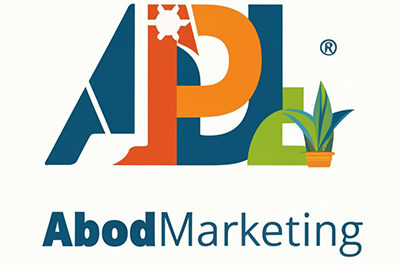Ad budget allocation tips
Ad Budget Allocation Tips: Maximizing ROI and Impact
In today’s digital landscape, effective advertising is crucial for businesses striving to reach their target audience and achieve their marketing goals. Allocating your ad budget wisely is a strategic move that can significantly impact your return on investment (ROI) and overall marketing success. In this article, we will delve into valuable tips for optimizing your ad budget allocation, ensuring that every dollar spent drives meaningful results.
Introduction
In a competitive digital marketplace, making the most of your advertising budget is essential. With numerous platforms and strategies available, it’s vital to approach ad budget allocation strategically, ensuring that your efforts drive optimal results. Let’s explore the key factors to consider when allocating your ad budget effectively.
Understanding Ad Budget Allocation
Ad budget allocation involves dividing your overall advertising budget among various channels, platforms, and campaigns to achieve your marketing objectives. It requires careful planning, analysis, and a comprehensive understanding of your target audience.
Setting Clear Goals
Before diving into ad budget allocation, clearly define your marketing goals. Are you aiming to increase brand awareness, drive website traffic, or boost conversions? Having well-defined goals will guide your allocation decisions and help you measure success.
Analyzing Past Performance
Evaluate the performance of your previous ad campaigns. Identify which platforms, channels, and strategies delivered the best results. Learning from past successes and failures will inform your budget allocation strategy.
Embracing Different Ad Platforms
Diversify your ad spending across various platforms, such as social media, search engines, and display networks. Each platform offers unique targeting options and reaches different audience segments, maximizing your reach and impact.
The Power of Audience Segmentation
Segment your audience based on demographics, interests, and behaviors. Tailor your ad content to resonate with each segment, increasing the likelihood of engagement and conversions.
Capitalizing on Seasonal Trends
Adapt your budget allocation to seasonal trends and peak shopping periods. This ensures that your ads are timely and relevant, capturing the attention of consumers when they’re most likely to convert.
Implementing A/B Testing
Allocate a portion of your budget to A/B testing different ad creatives, headlines, and calls-to-action. This data-driven approach helps you refine your campaigns for better performance over time.
Monitoring and Adjusting
Regularly monitor your ad campaigns’ performance and be prepared to make real-time adjustments. Shift budget towards campaigns yielding better results and pause or refine underperforming ones.
Importance of Mobile Optimization
In an increasingly mobile-driven world, optimize your ads for mobile devices. Responsive designs and mobile-friendly content enhance user experience and engagement.
Exploring New Trends
Stay updated with the latest advertising trends and technologies. Experimenting with emerging platforms like augmented reality or interactive ads can give you a competitive edge.
The Impact of Visual Content
Incorporate visually appealing elements into your ads. High-quality images or videos can capture attention and convey your message effectively.
Balancing Paid and Organic Strategies
Combine your paid advertising efforts with organic strategies. A well-rounded approach, including SEO and content marketing, can amplify your ad campaigns’ impact.
The Role of Influencer Collaborations
Consider collaborating with influencers in your industry. Their authentic recommendations can build trust and expand your reach to their dedicated followers.
Measuring Metrics Beyond Clicks
While clicks are important, focus on deeper metrics like conversion rate, customer lifetime value, and return on ad spend (ROAS). These metrics provide a more comprehensive view of your campaigns’ success.
Conclusion
Effective ad budget allocation is a dynamic process that requires careful consideration and flexibility. By setting clear goals, leveraging data-driven insights, and adapting to changing trends, you can optimize your ad campaigns for maximum impact and ROI.
